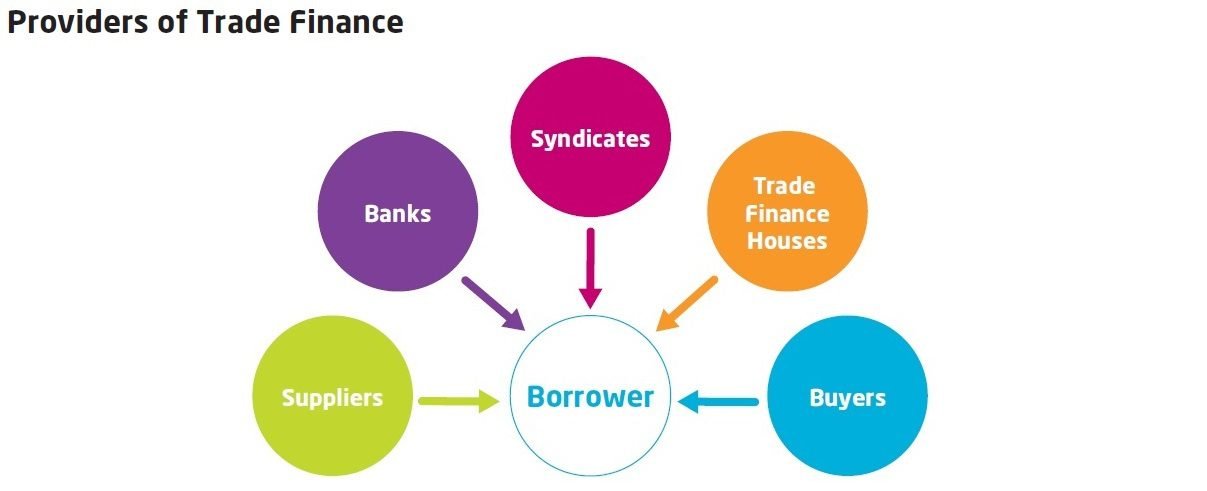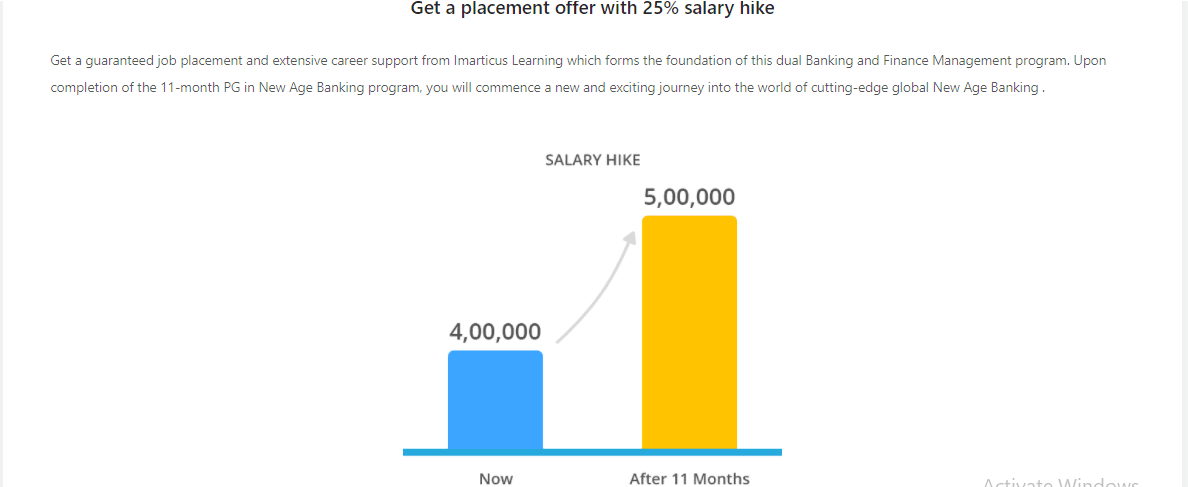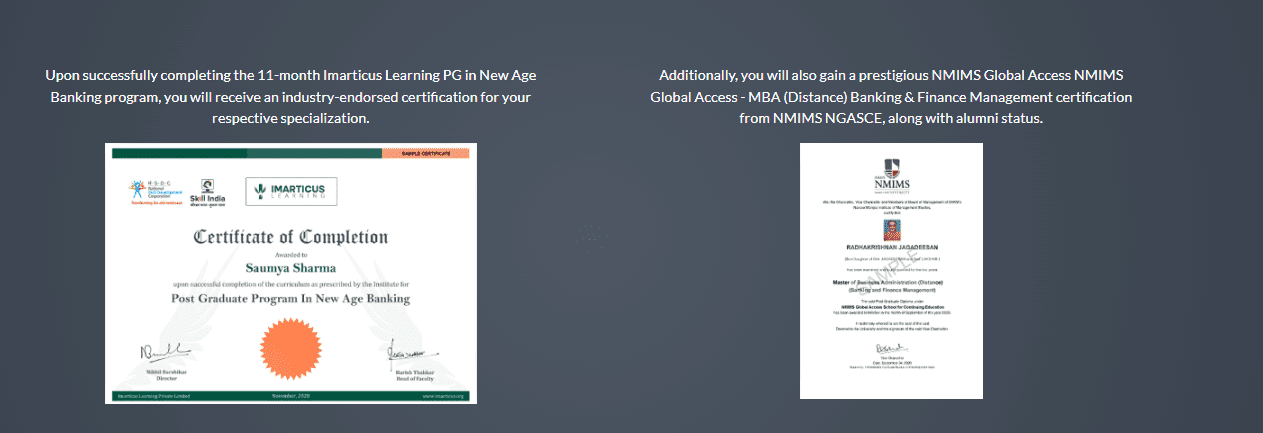Financial Valuation and Behavioural Finance: Insights
Every business activity is directly or indirectly related to finance. The financial aspect is included in the activities like production, marketing, purchasing, etc. The problems of finance are closely related to the problems of purchasing, production, and marketing. In this way, the problem of finance is inherent in some form or the other in the activities of all the departments.
Financial management is a set of specific strategies and tools that are used to increase the company’s profits and reduce the risk of bankruptcy. Its main function is to get the maximum benefit from the activities of the subject in the interest of its owners.
A Financial Risk Management course helps professionals understand and manage the risks faced by businesses which leads to a specialized career in risk management. Thus, Risk Management provides a safe environment for all employees and customers of an organization. The stability of a business is increased, and legal liability is reduced.
Here are the key functions of financial management:
- Internal financial planning for the organization
- An estimate of a financial condition
- Current asset control, monetization
- Investment portfolio management, capital formation
- Concluding agreements with banking institutions, funds, and exchanges
- To assist in making important management decisions for the organization
There are a variety of job opportunities in finance management, such as Financial Advisor, Finance Manager, Financial Planner, Investment Banker, Equity Analyst, and Banker. One can pursue higher study, Ph.D., in finance management after completing this course.
What is Financial Valuation?
Financial valuation is the analysis of the economic condition of the enterprise. The evaluation process is quite complex and time-consuming. There are several types of analysis depending on the purpose of the audit.
The finance management of organizations resorts to the financial valuation of the business. This need arises in various situations, for example, when selling a business, introducing a new direction, restructuring, or insuring a company. This work should be done by a highly qualified financial management team.
From the foregoing, it can be concluded that financial valuation is a business valuation for all the operations related to obtaining income.
What is Behavioral Finance?
Behavioral finance is a field of study which helps to understand that financial decisions about things like investments, payments, risk, and personal loans are greatly influenced by human emotions, biases, and cognitive limitations of the mind in processing and responding to information.
Behavioral finance is an area where psychology has an impact on the behavior of investors and financial analysts. Influences and biases are considered sources to explain different types of market conditions.
In behavioral finance, it is recognized that investors and financial analysts are not fully rational and self-controlled individuals, but have psychological influence with general and self-controlled tendencies. Another major area of focus here is the effect of favoritism, which occurs due to various reasons. Understanding the different types of behavioral finance concepts can help to understand the industry and how to study the results.
To understand the technical side of the stock market, it is necessary to understand the advanced techniques of fundamental analysis. And Capital Market Courses online can be beneficial for stock market participants and learners.
Conclusion
Designed by IIM Lucknow Imarticus Learning’s Financial Services and Capital Markets Course will help you to learn the fundamentals of corporate finance and help you to boost your career to a new height.
The PGDM in finance management is a course that makes finance leaders in financial planning, analyzing, and control of financial activities, such as: raising and utilizing the funds of an organization. This means the application of general management principles to the financial assets of the organization.




 Financial institutions should refer to the cryptocurrency regulation in India before indulging in crypto-aided
Financial institutions should refer to the cryptocurrency regulation in India before indulging in crypto-aided 



